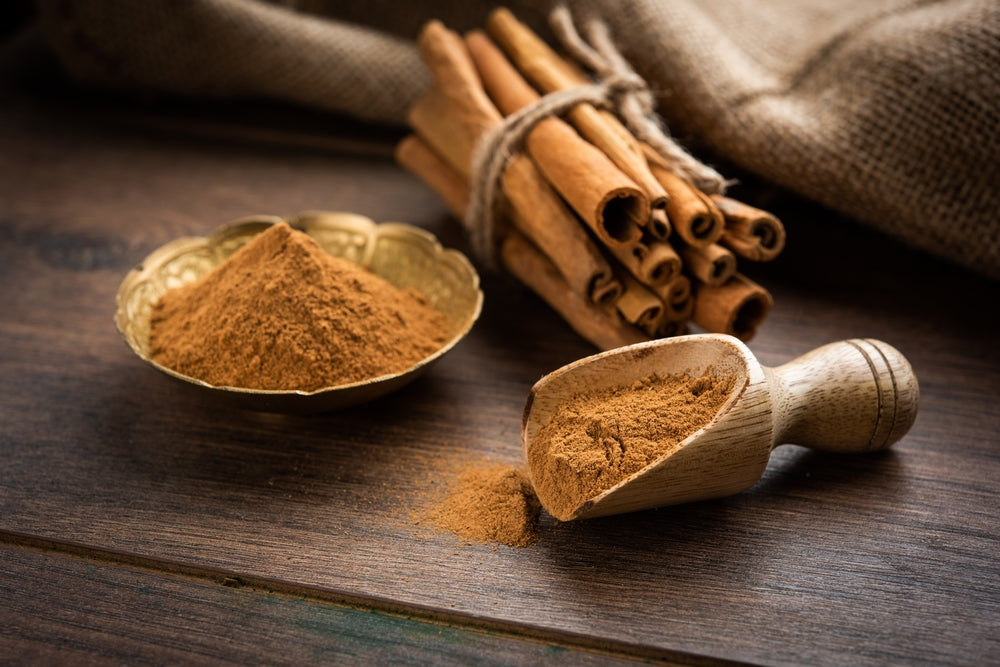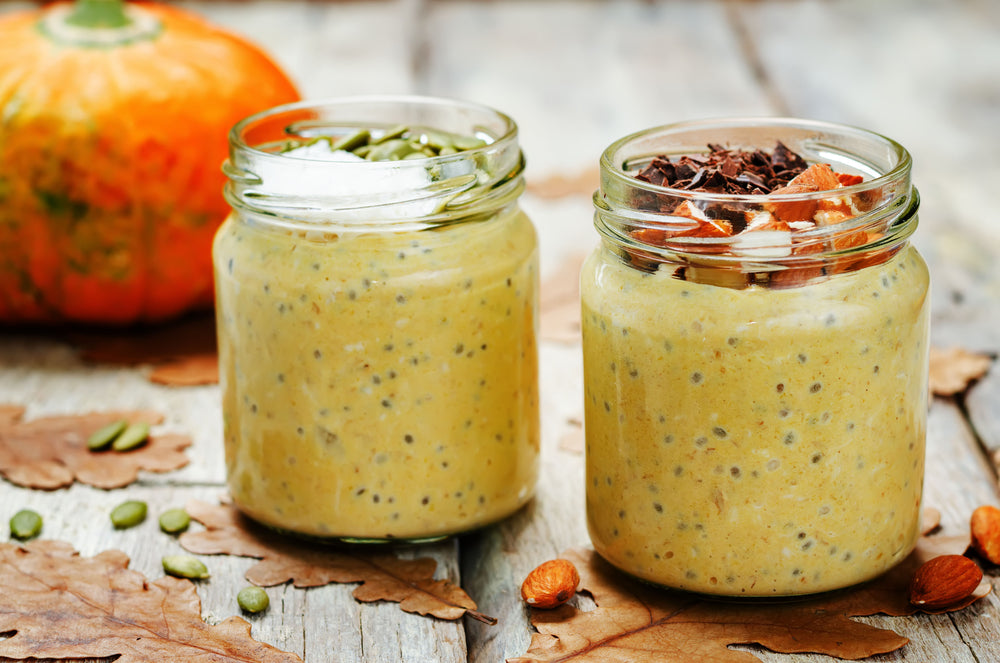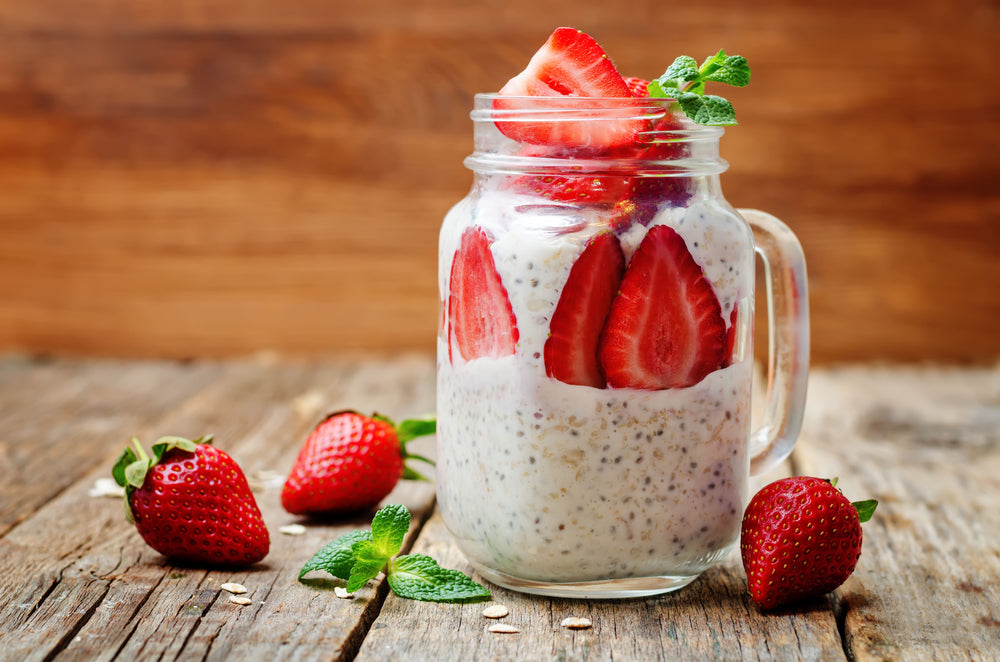The health benefits of cinnamon have been valued for centuries, making this spice far more than a flavorful kitchen staple. Known for its warm aroma and sweet, woody flavor, cinnamon has been used in traditional medicine and modern cooking alike. Today, research confirms what many cultures already believed: cinnamon is rich in antioxidants, supports heart health, and may help regulate blood sugar. Beyond its flavor, this spice can play a key role in maintaining overall wellness. Unlike trendy superfoods that fade quickly, cinnamon is affordable, widely available, and incredibly easy to add to your diet. From morning oats to baked goods to savory stews, cinnamon is versatile and delicious. This article explores the health benefits of cinnamon, why it deserves a place in your daily routine, and how you can enjoy it safely.
What is Cinnamon?
The health benefits of cinnamon come from the bark of trees belonging to the Cinnamomum family. Once harvested, the bark curls into rolls called cinnamon sticks, which can be ground into the powdered spice most people use. There are two main types: Ceylon (often called “true cinnamon”) and Cassia (the more common variety in grocery stores). Both offer benefits, but Ceylon is prized for its lighter, sweeter flavor and lower coumarin content. The health benefits of cinnamon are tied to compounds like cinnamaldehyde, which gives the spice its distinct taste and smell. These compounds have powerful antioxidant and anti-inflammatory effects, making cinnamon both flavorful and functional.
Background and Origins
Cinnamon has been traded for thousands of years, once considered so valuable that it was gifted to royalty. Ancient Egyptians used it in embalming, while Chinese medicine incorporated it into remedies for digestion and circulation. This long history demonstrates that the health benefits of cinnamon have been recognized for centuries. Modern science now supports these traditional uses, showing that cinnamon can influence blood sugar, cholesterol, and even brain health. The story of cinnamon proves it is not just a spice but a time-tested tool for health and wellness.
How Cinnamon Works in Everyday Life
Integrating cinnamon into your routine is simple. A sprinkle on oatmeal, coffee, or smoothies adds flavor while delivering antioxidants. Cooking with cinnamon in curries, baked goods, or stews provides warmth and depth. The health benefits of cinnamon work because it is versatile, easy to use, and suitable for sweet or savory dishes. With just a teaspoon a day, you can enjoy both flavor and function without much effort.
Why the Health Benefits of Cinnamon Matter
The health benefits of cinnamon go beyond taste. This spice contains plant compounds that fight oxidative stress, reduce inflammation, and may support heart health. Research shows that cinnamon can help regulate blood sugar, making it useful for people managing diabetes or insulin sensitivity. It also contributes to lowering cholesterol and improving circulation. These effects make cinnamon more than a flavoring agent; it is a practical, evidence-based way to support overall health.
Key Benefits
-
Rich in antioxidants that fight oxidative stress
-
Anti-inflammatory properties that support joint and immune health
-
May lower blood sugar by improving insulin sensitivity
-
Linked to improved cholesterol levels and heart health
According to Healthline, multiple studies confirm these effects, showing that cinnamon is far more than just a spice. Harvard Health also notes that antioxidants and plant compounds found in cinnamon play a vital role in disease prevention. The health benefits of cinnamon make it one of the easiest superfoods to add to your diet.
Practical Applications
Applying the health benefits of cinnamon doesn’t require drastic changes. You can start small by sprinkling it on morning oats, blending it into smoothies, or adding it to baked goods. From there, try incorporating it into savory dishes like curries or soups. The health benefits of cinnamon are most effective when it is consumed consistently in realistic amounts, making it a sustainable wellness habit.
Variations and Lifestyle Tie-In
Not all cinnamon is created equal, and understanding the differences helps maximize its benefits. Ceylon cinnamon is often recommended for frequent use due to its lower coumarin content, which is safer for long-term consumption. Cassia cinnamon is more common and affordable but should be consumed in moderation. Regardless of type, the health benefits of cinnamon can be adapted to suit different lifestyles, diets, and preferences.
Seasonal Uses
The health benefits of cinnamon shine during cooler months, when its warming qualities enhance seasonal foods. In fall, cinnamon pairs with apples, pumpkins, and squash to create cozy dishes. In winter, it adds depth to hot chocolate, mulled wine, and holiday desserts. In spring and summer, cinnamon works beautifully in fruit salads or chilled smoothies. Seasonal variations make the health benefits of cinnamon not only practical but also enjoyable year-round.
Family-Friendly Options
Families can easily enjoy the health benefits of cinnamon together. Kids love cinnamon sprinkled on toast, apples, or baked muffins. Adults appreciate it in coffee, tea, or savory recipes. By making small adjustments, you can include cinnamon in meals for all ages. The health benefits of cinnamon are family-friendly, versatile, and accessible, ensuring everyone can enjoy them without fuss.
FAQ About the Health Benefits of Cinnamon
Can anyone enjoy the health benefits of cinnamon?
Yes, most people can safely consume cinnamon in moderate amounts. However, those with liver conditions should be cautious about high intakes of Cassia cinnamon, as it contains coumarin. For regular use, Ceylon cinnamon is the safer option. The health benefits of cinnamon make it suitable for nearly everyone when enjoyed responsibly.
How much cinnamon should I consume daily?
Most studies suggest one to two teaspoons per day is enough to enjoy the health benefits of cinnamon without risk. Higher doses are unnecessary and may cause side effects. Keeping intake moderate ensures you benefit from antioxidants and anti-inflammatory compounds while staying safe.
Is cinnamon a substitute for medication?
No. While the health benefits of cinnamon are significant, it should not replace prescribed treatments for conditions like diabetes or heart disease. Instead, cinnamon should be seen as a supportive addition to a balanced diet. Always consult a healthcare
The health benefits of cinnamon prove that sometimes the most powerful wellness tools are also the simplest. Cinnamon is warm, practical, and nourishing, offering antioxidants, anti-inflammatory compounds, and potential support for heart and blood sugar health. It is affordable, widely available, and easy to add to both sweet and savory dishes. By sprinkling a little cinnamon into your daily routine, you can improve both flavor and function. For more inspiration, read Harvard Health’s overview of spices and health or explore our recipe collection for creative ways to incorporate cinnamon. Once you start enjoying the health benefits of cinnamon, you’ll find it is a spice that belongs in your wellness journey year-round.




コメントを書く
全てのコメントは、掲載前にモデレートされます
このサイトはhCaptchaによって保護されており、hCaptchaプライバシーポリシーおよび利用規約が適用されます。